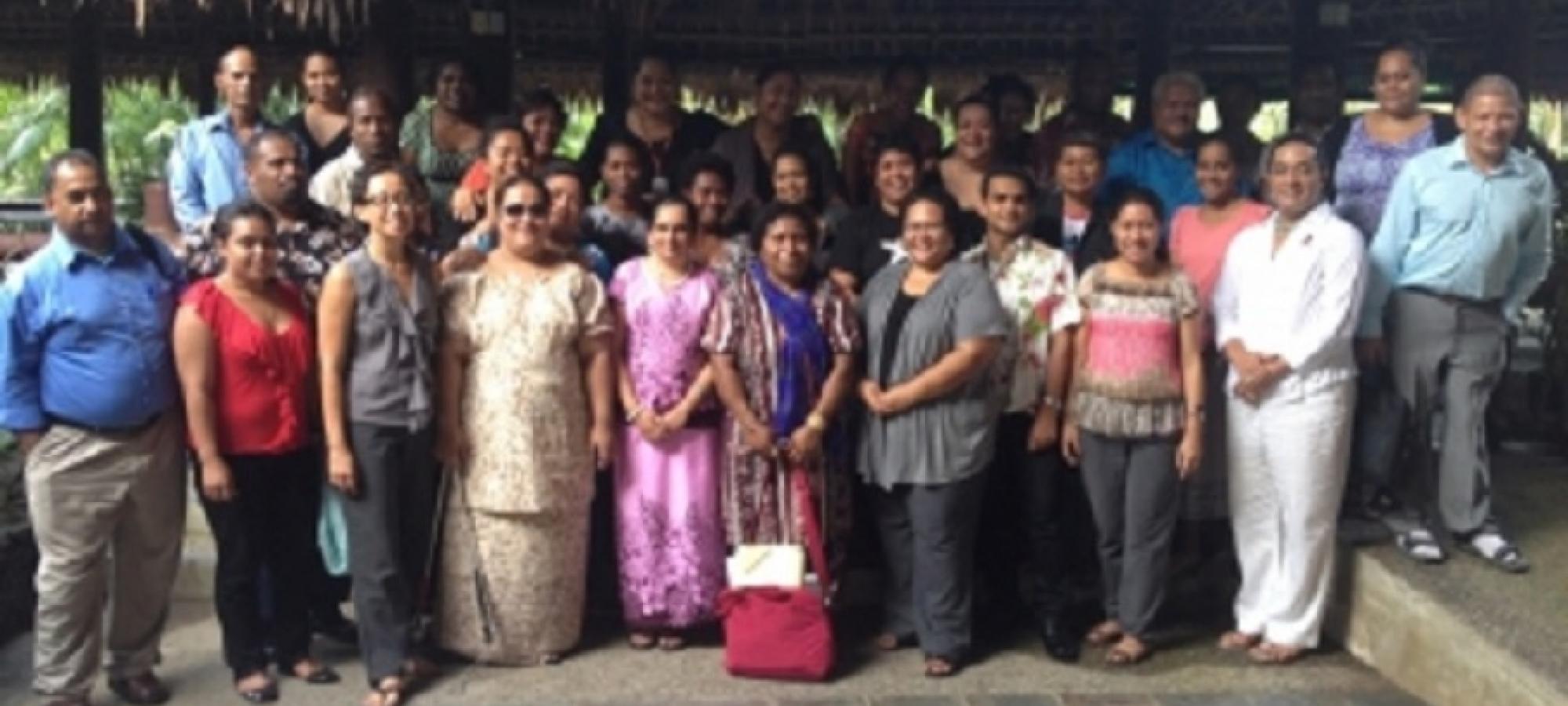Call for applications - Regional Youth and CSO Dialogue 23-27 June 2014

A coalition of regional partners, including the Secretariat of the Pacific Community’s Regional Rights Resource Team (SPC RRRT), UNDP Pacific Centre, Pacific Youth Council and the Pacific Islands Forum Secretariat (PIFS) will be convening a Youth and civil society dialogue to be held from the 23-27th of June in Nadi, Fiji.
SPC RRRT is pleased to invite one representative from Civil Society and one youth representative from each of the following Pacific Island Countries: Cook Islands, Federated States of Micronesia, Fiji, Kiribati, Nauru, Niue, Palau, Papua New Guinea, Republic of Marshall Islands, Samoa, Solomon Islands, Tonga, Tuvalu and Vanuatu
Download the conference announcement below for further details and the application form if you are interested to represent your country. Email us your completed form as soon as possible.
SPC_meeting_announcement_Regional_Youth_and_CSO_Dialogue_1.pdf





